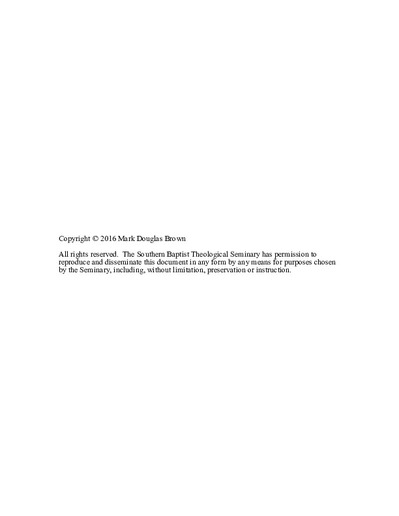Paternal Influence on the Eudiamonic Well-Being of Emerging Adult Sons Participating in Campus Crusade for Christ
Abstract
The purpose of this study is to examine if a relationship exists between paternal involvement during emerging adulthood and eudaimonic well-being in sons involved with Cru in the Great Lakes region in the United States. In order to execute this study, sons involved with Cru were surveyed through an adapted Father Involvement Scale and Carol Ryff’s Psychological Well-Being Scale.
The design for this research is an explanatory, quantitative method. This quantitative research focused on emerging adult sons, involved with Cru in the Great Lakes region, between the ages of 18 to 25. An online survey was implemented to gather data regarding paternal involvement and well-being.
The quantitative data were administered through Google Forms, and the results were analyzed through the execution of paired t-tests, Pearson’s r, Statcrunch, and multiple regression analysis. After the statistical analysis of collected data, 12 sons who completed the quantitative survey and agreed to be interviewed were randomly selected. These interviews served to illustrate quantitative results. The data indicate three aspects of father involvement, companionship, emotional development, and social development correlated to a son’s positive relationships and self-acceptance. Specifically, the data predict the more relational a father was with his son during the ages of 18 to 25 the healthier his son was in accepting himself and establishing positive relationships with others.

